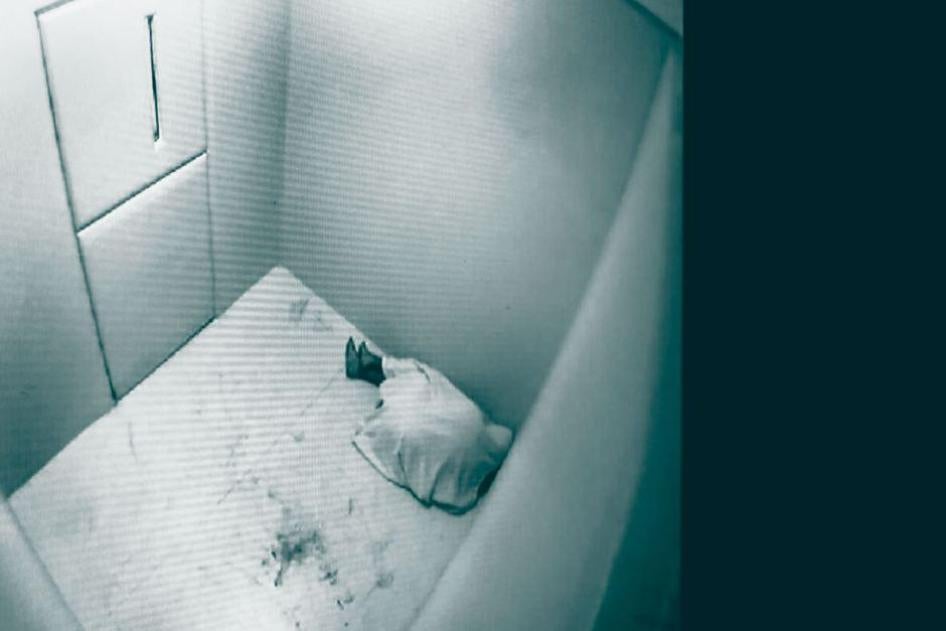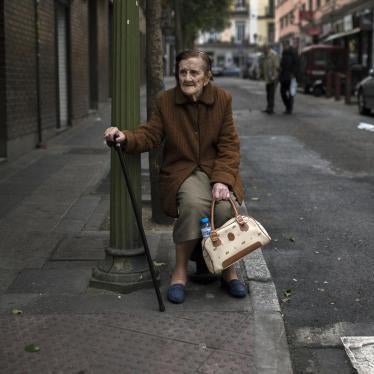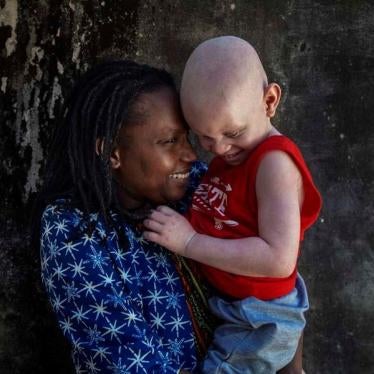Pinned down, stripped naked, locked in a padded cell, and yelling continuously for help – that’s how an Indigenous boy with a cognitive disability spent three days in a police holding cell in Australia. The horrifying account – cruel and inhuman treatment that may amount to torture – reflects the terrifying reality for children picked up by the police in Australia.
Last month an investigation by ABC’s “Four Corners” program revealed that Queensland police were detaining children as young as 10 in police cells known as “watch houses” for weeks because of overcrowding in youth detention centers. One young girl was held in a cell with two alleged male sex offenders; in another case, a child was in isolation for 23 days.
Aboriginal and Torres Strait Islander youth aged 10–17 were 23 times as likely than their non-Indigenous peers to be in detention. Rates are even higher for those with a disability. The 17-year-old Indigenous boy featured in the ABC report had a neurodevelopmental disability and fetal alcohol spectrum disorder. He was held naked in an isolation unit for three days, and has reportedly been held in a Brisbane maximum-security watch house meant for adults for nearly three months.
When he expressed thoughts of suicide, instead of providing him support, the authorities locked him up in a padded cell where multiple officers held him down, stripped him, and tried to force him into a suicide smock. When he resisted wearing the smock because it resembled a dress, which he felt ashamed to wear, the officers left him naked. He was later transferred to a cell with other children, with only a blanket to cover himself, for four days. No child should ever be treated this way.
I have visited solitary confinement units across 14 Australian prisons and seen first-hand how scary, claustrophobic, and traumatic a padded cell can be. These rooms are cold, windowless, perpetually lit with no furniture, and monitored continuously by CCTV cameras.
While designed to prevent self-harm, the isolation all too frequently drives people with psychosocial or cognitive disabilities to attempt suicide or require emergency psychosocial support or hospitalization. While isolation is psychologically damaging for anyone, its effects on children with disabilities is devastating.
Queensland Premier Annastacia Palaszczuk should order an end to the practice of solitary confinement for children and adults with disabilities in detention, and launch an independent inquiry into abuses in state facilities. The federal government should conduct a national inquiry into the use of solitary confinement of prisoners with disabilities.









